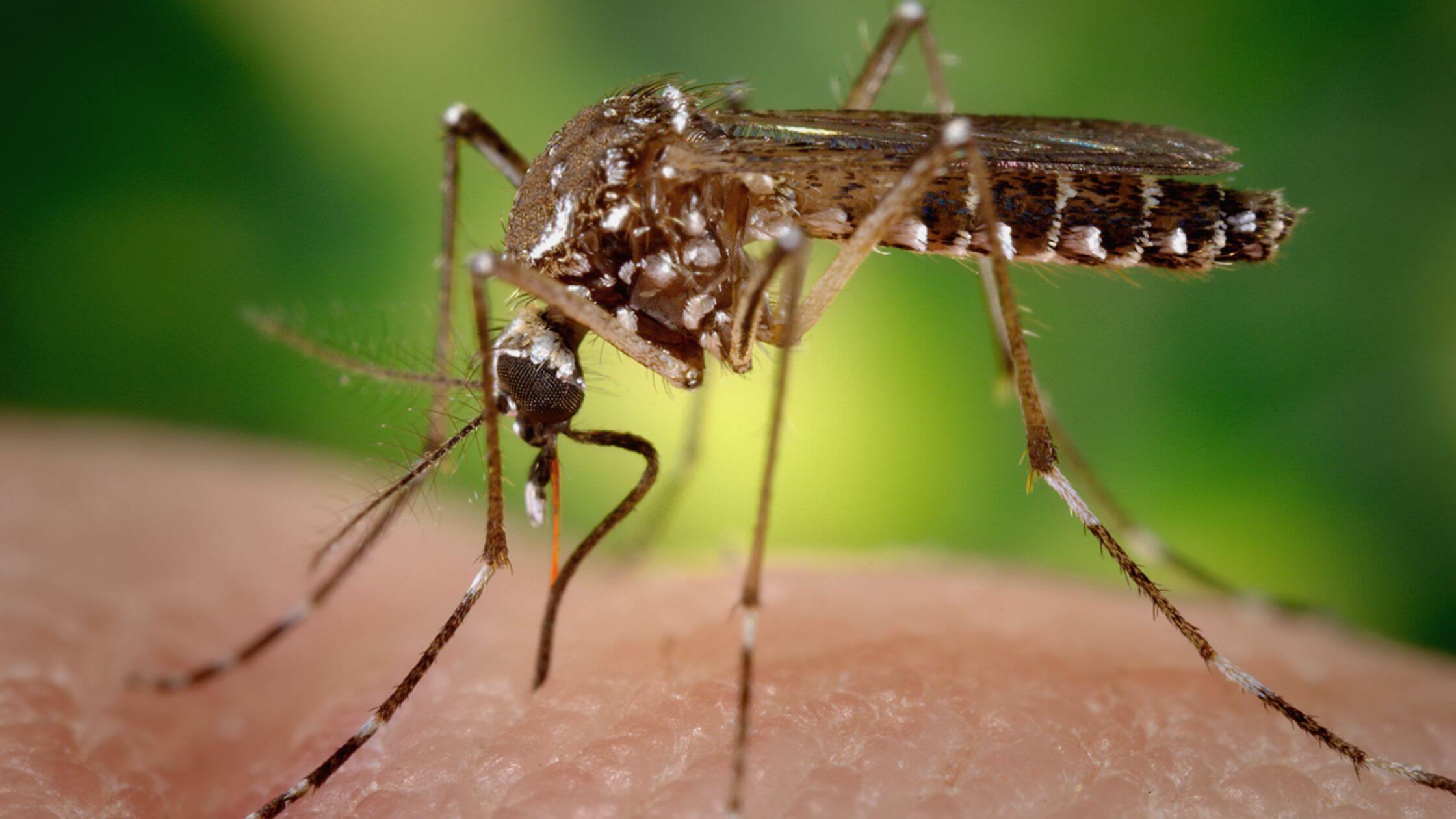A New York Scientist Finds Mosquitoes Have Many Ways To Sniff You Out
Nikki Attkisson | Last Updated : August 22, 2022Mosquitoes are lethal insects. Mosquitoes sometimes seem like a seasonal annoyance in the Northeast US. They are responsible for more human fatalities than any other animal. In warmer, drier climates like tropical ones, mosquitoes are a year-round annoyance.
It will come as no surprise to you that mosquitoes are good at finding humans to bite. If you have ever sprayed yourself with insect repellent from head to toe and yet felt like a mosquito magnet. Their acute sense of smell, or olfaction, depends on the olfactory system. It is a significant component of this superpower.
Mosquitoes Have Multiple Ways To Sniff You Out, A New York Scientist Discovers
Meg Younger is an assistant professor of biology at Boston University College of Arts & Sciences. Younger specializes in mosquito olfaction, asserting that “mosquitoes are very specialized.” These aggressive, buzzing organisms are made to hunt us down, bite us, and use the blood’s proteins for reproduction.
In order to better understand how we can ward off mosquitoes more successfully. Younger are trying to figure out how they use their sense of smell to track us. Younger and her colleagues report a novel and previously unrecognized biological method. By this method Younger Aedes aegypti mosquitoes perceive smell. Their findings deviate from the fundamental hypotheses.

Aedes aegypti mosquitoes have been linked to small dengue epidemics in southern states like Florida and Texas. Younger started the study while conducting postdoctoral research with Leslie B. Vosshall at Rockefeller University. Rockefeller University is a biomedical research-focused institution in New York.
How do Odors work?
The flow of communication that causes smells to be registered in the brain in humans begins in the nose. It is lined with special cells known as olfactory sensory neurons. It is because they contain sensory receptor-specific molecules. These are activated by odor particles. These neurons serve as both odor detectors and messengers to the brain.
According to Younger, “the main tenet of olfaction is that sensory neurons, for us in our nose, express one sort of olfactory receptor.” One receptor to one neuron is the core organizing principle of olfaction. A freshly baked apple pie’s aroma is essentially a chemical code made by several odor molecules. When an odor reaches our noses, it triggers sensory receptors. They are matched to the various odor molecules. Corresponding neurons then connect with the olfactory bulb, or the antenna lobe in insects, where the odor code is mapped.
The distinction may appear technical. It implies that mosquitoes have a keen sense of smell for humans. Previous studies have shown that mosquitoes can still locate humans. It is even after having all of their carbon dioxide sensors removed. Carbon dioxide is a key chemical cue that mosquitoes employ to pursue humans.
More From Powdersville Post:
🔵West Nile Virus Was Detected In 2 New York City Residents
🔵True Facts About Mosquitoes And The Common Mistakes People Make!
One explanation may be found in Younger’s most recent work. The results of the study show that the olfactory system of Aedes aegypti mosquitoes is structured significantly differently. It is with several sensory receptors located within one neuron. This process is known as gene co-expression. This specially designed olfactory mechanism. It may contribute to the explanation of why mosquitoes are so adept at detecting humans to bite.
Younger is studying olfaction in ways. It wasn’t possible ten years ago by using mosquitoes reared in incubators and cutting-edge genetic technologies. In order to conduct this study, the researchers created fluorescent protein-expressing mosquitoes. It would glow under a microscope when exposed to specific odors. This allowed the researchers to observe the chemical reactions to odorants in real-time.
This shows that the code for human odor is redundant. The next stage is to determine how coexpression influences Aedes aegypti mosquito behavior. According to Younger, “an intriguing idea is that it’s making them good at finding individuals.”
Her long-term objective is to reduce mosquito bites by creating new, enhanced attractants or repellents that mosquitoes find more alluring than human blood. Younger uses bug spray to protect herself from mosquitoes. Brands containing 15 to 25% DEET or picaridin are typically the most effective.
Reference:
🔵NPR(n.d)Mosquitoes surprise researcher with their ‘weird’ sense of smell(Available Online): https://www.npr.org/sections/goatsandsoda/2022/08/18/1118137632/mosquitoes-surprise-researcher-with-their-weird-sense-of-smell
With over 15 years as a practicing journalist, Nikki Attkisson found herself at Powdersville Post now after working at several other publications. She is an award-winning journalist with an entrepreneurial spirit and worked as a journalist covering technology, innovation, environmental issues, politics, health etc. Nikki Attkisson has also worked on product development, content strategy, and editorial management for numerous media companies. She began her career at local news stations and worked as a reporter in national newspapers.